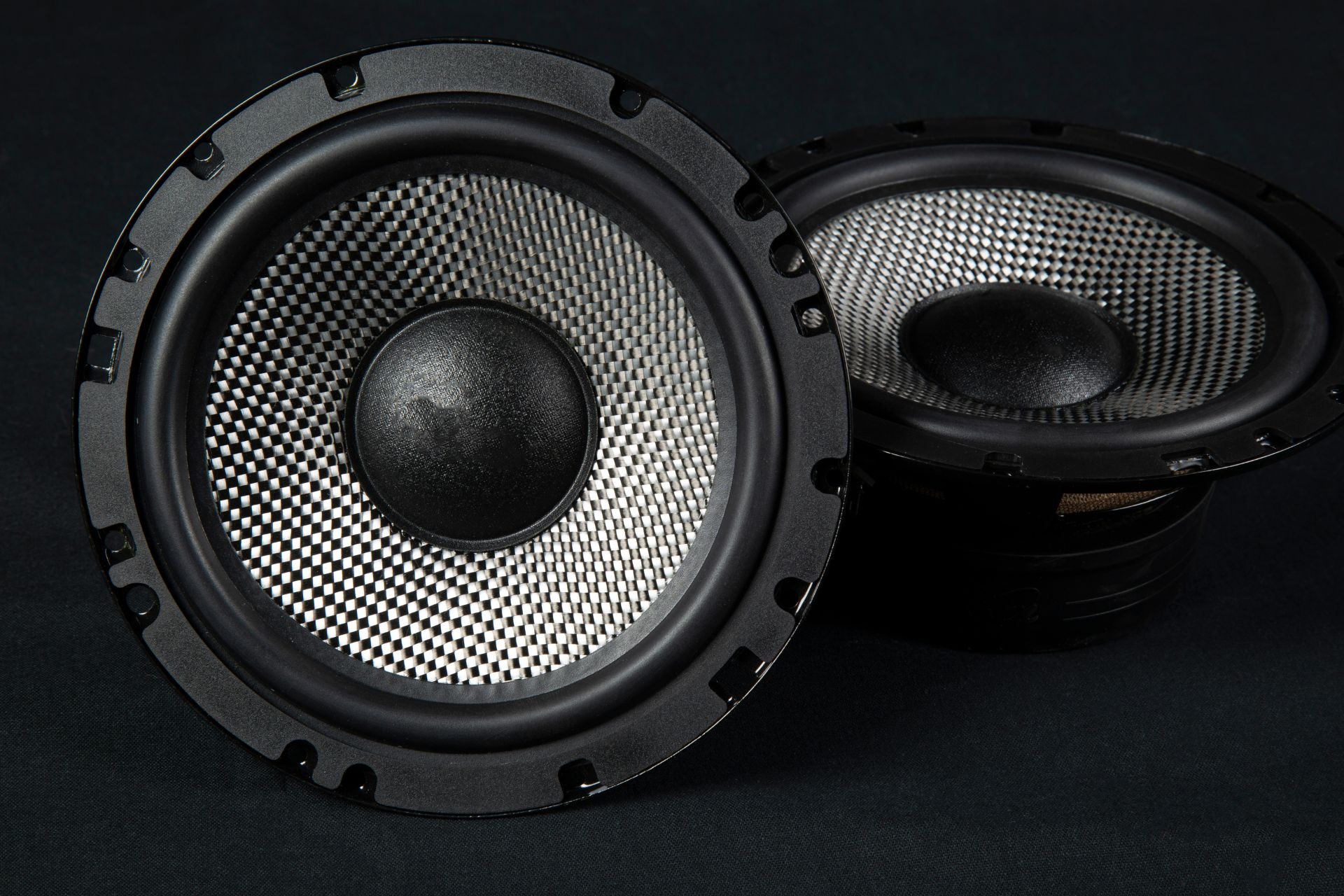

The essential tools and equipment needed for virtual mixology courses typically include a cocktail shaker, jigger, strainer, muddler, bar spoon, and a mixing glass. These tools are essential for properly measuring and mixing ingredients, as well as creating the desired texture and presentation of the cocktails. Additionally, a citrus juicer, peeler, and zester may be required for garnishes and adding fresh citrus flavors. It is also important to have a variety of glassware, such as highball glasses, martini glasses, and rocks glasses, to serve the cocktails in. Some virtual mixology courses may also recommend having a blender or a specialized tool for creating foam or infusions, depending on the techniques taught in the course.
In a virtual mixology course, one can learn about the different types of spirits and their characteristics through various methods. These may include video demonstrations, interactive presentations, and written materials. The course may cover topics such as the production process of different spirits, the flavor profiles and characteristics of each type, and how they can be used in different cocktails. Tasting exercises and sensory training may also be included to help participants develop their palate and recognize the unique qualities of each spirit. Additionally, virtual mixology courses may provide resources such as flavor wheels or aroma kits to further enhance the learning experience.
At our first AVI LIVE of 2024 (at the beautiful Georgia Aquarium in Atlanta), we asked Kay Sargent, Director of Workplace Thought Leadership at the global design firm HOK, to kick off the event by discussing the future of work. In a thought-provoking style, Kay shared why she believes the modern workplace is at a tipping point.
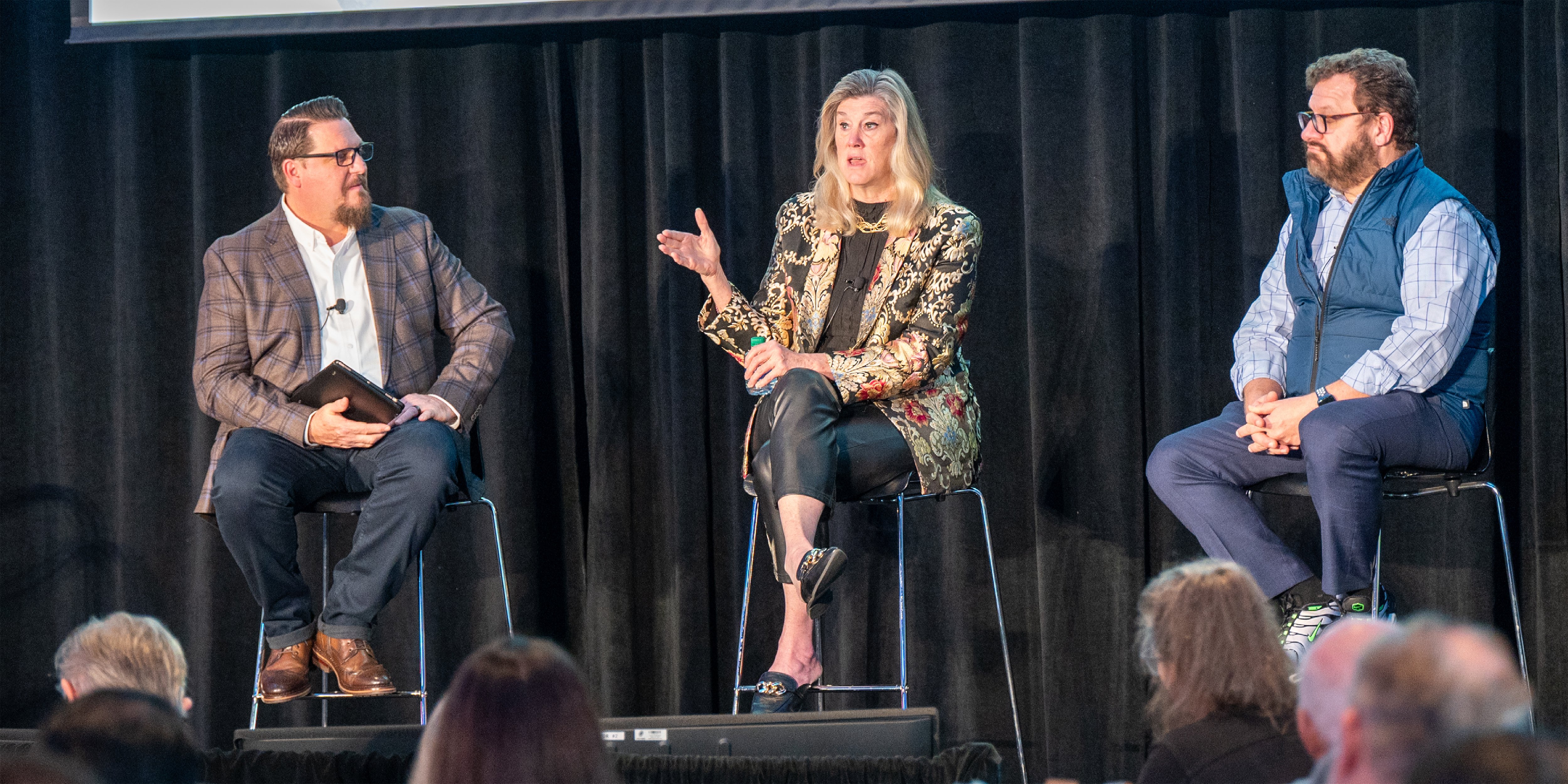
Posted by on 2024-03-14
Our sales, field technician, and support teams often work closely with the IT departments of the clients we serve – especially on large-scale implementations. And, in some cases, we find ourselves alongside workplace, real estate, facilities, and other functional leaders to ensure their audiovisual and unified collaboration solution needs are met. No matter who the client is, AVI carefully examines every solution to ensure IT security requirements meet or exceed expectations. Recently, we sat down with Josh Braun, AVI’s Vice President of Information Technology, to get his thoughts on what to keep in mind as you implement or manage the networked AV technologies used to support collaboration. Following are Josh’s three primary recommendations. “I want everyone to know that cybersecurity, network segmentation, and Day 2 support are just as important for AV solutions as they are for your broader IT environment.” – Josh Braun, Vice President – Information Technology, AVI Systems

Posted by on 2024-03-13
As a veteran IT leader, I spend a fair amount of time talking to tech executives. In those conversations, a few themes regularly surface at the intersection of IT and audiovisual solutions. So, when AVI Systems asked me to contribute to their blog, I saw it as an opportunity to share some trend predictions with other IT leaders. Following are three ways workplace tech will continue to evolve in 2024 and beyond.
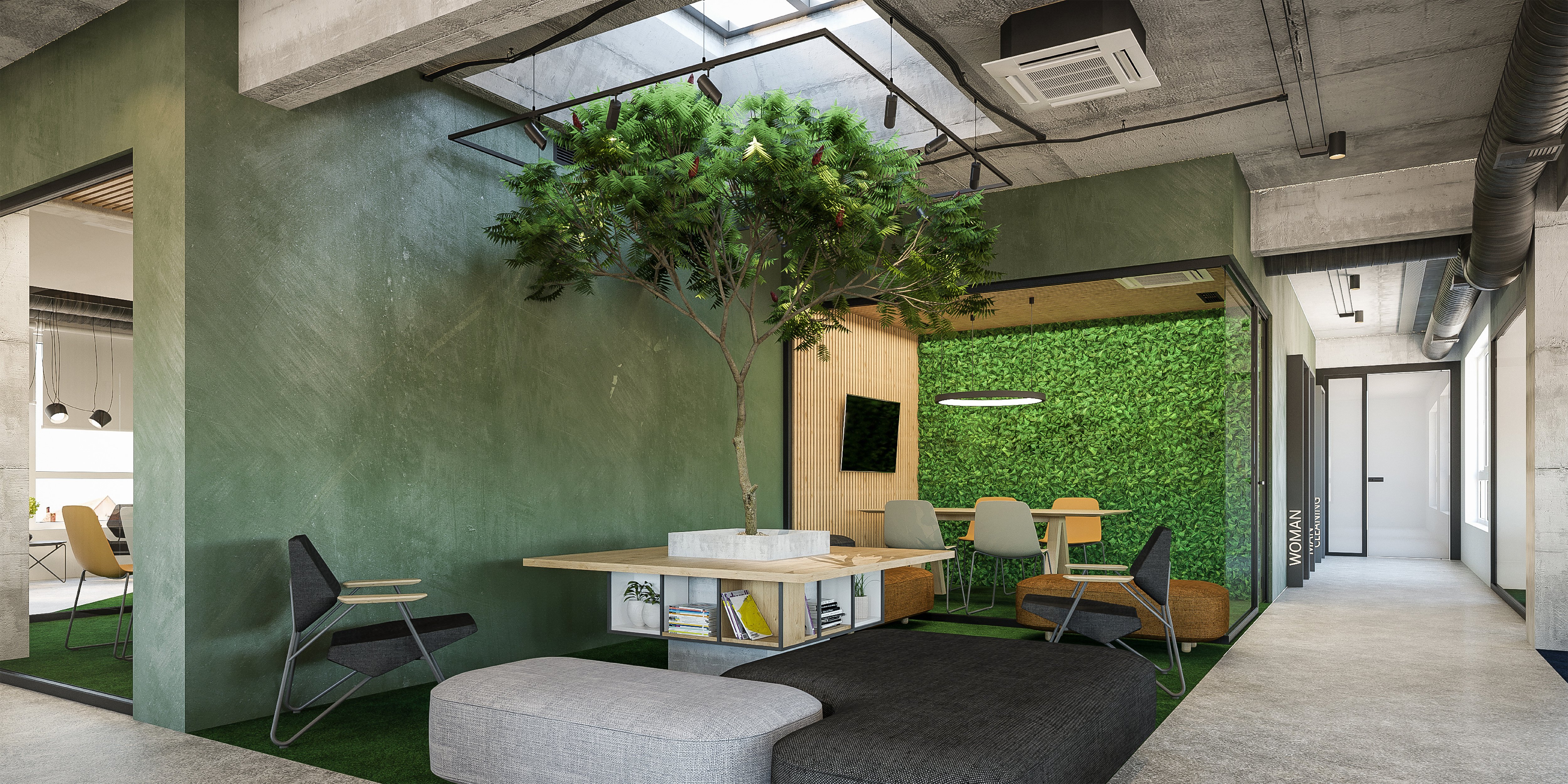
Posted by on 2024-03-06
Summary: Learn how to get more from your audiovisual technologies in multi-purpose combine and divide rooms.
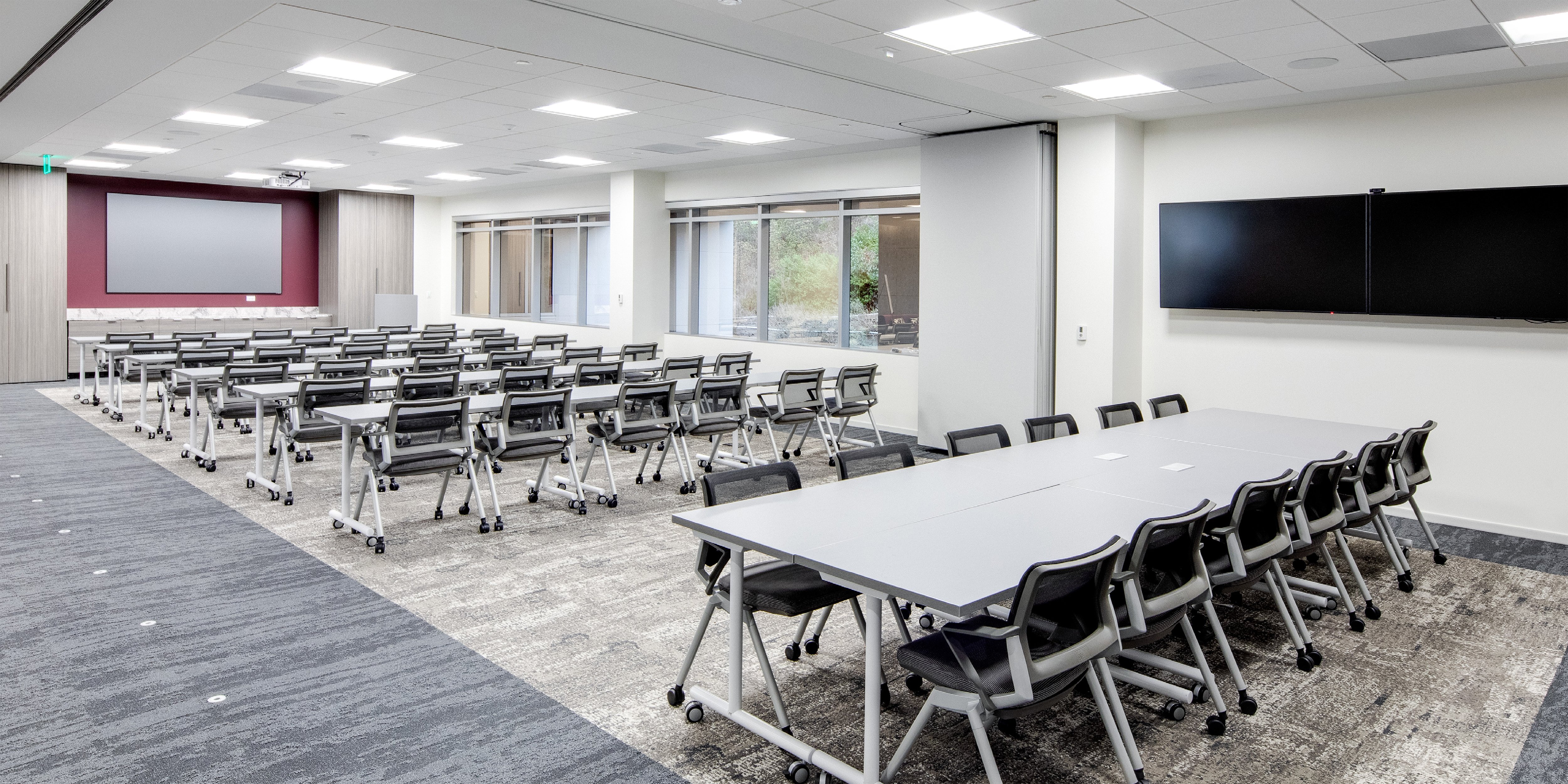
Posted by on 2024-02-02
Summary: If you’re in Georgia, Michigan, Wisconsin or Minnesota – then there’s an AVI LIVE technology show near you in 2024!
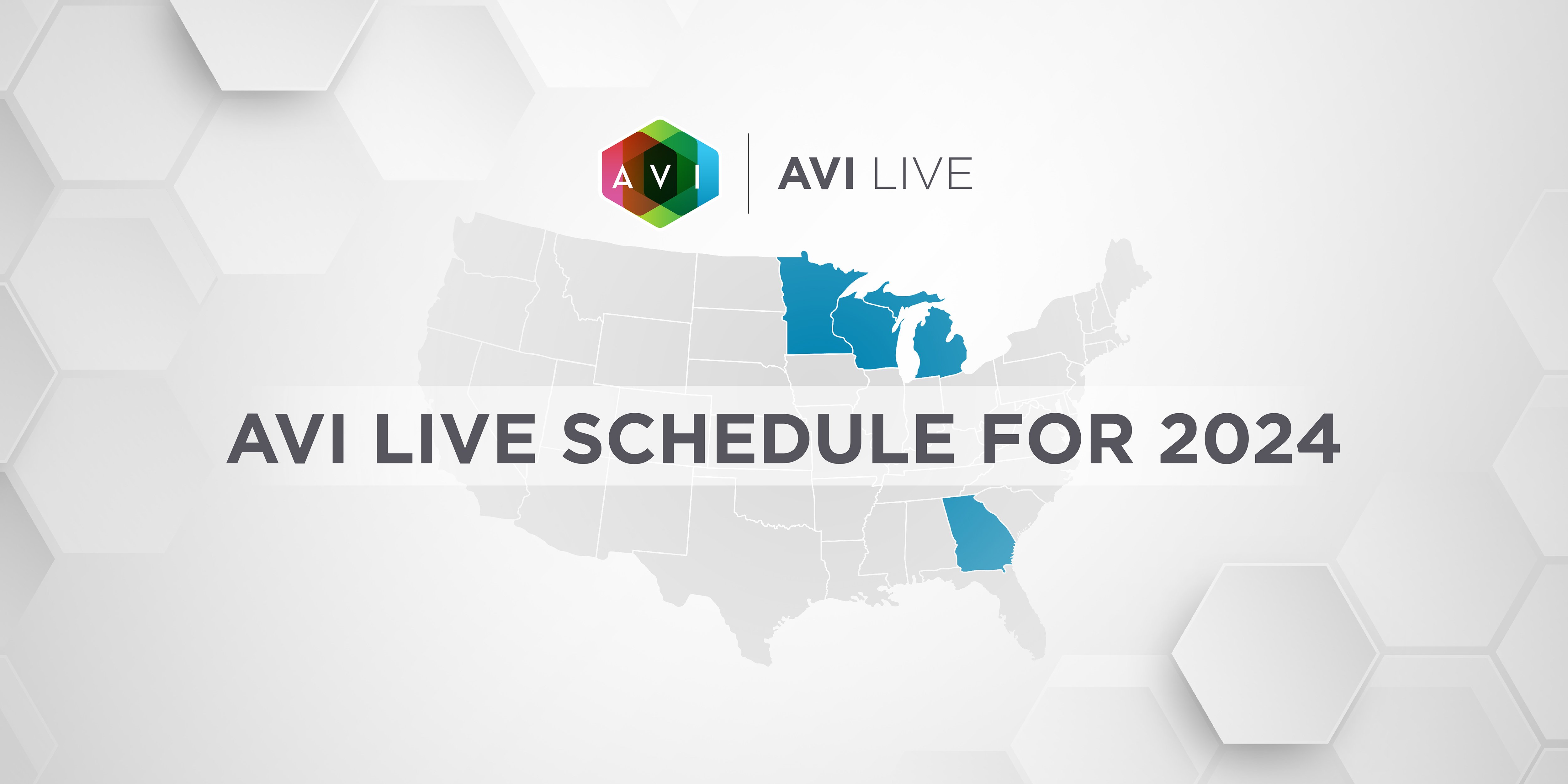
Posted by on 2024-01-24
There are several popular virtual mixology courses that focus on classic cocktail recipes. These courses often aim to teach participants the history and techniques behind iconic cocktails such as the Old Fashioned, Martini, and Negroni. They may cover topics such as the proper ratios of ingredients, the correct methods of mixing and garnishing, and the variations and adaptations of classic recipes. Some virtual mixology courses may also delve into the stories and origins of these cocktails, providing participants with a deeper understanding of the cultural and historical significance of these drinks.

Yes, there are virtual mixology courses that offer specialized training in molecular mixology techniques. Molecular mixology is a modern approach to cocktail making that involves using scientific principles and techniques to create innovative and visually stunning drinks. These courses may cover topics such as spherification, foams, gels, and smoke infusions. Participants will learn how to use tools such as liquid nitrogen, agar agar, and sodium alginate to transform traditional cocktails into molecular creations. Virtual mixology courses that focus on molecular mixology often provide step-by-step demonstrations and detailed explanations of the science behind these techniques.
Next-Gen Audio Video Systems for Restaurants in the Gilbert Area
To find virtual mixology courses that cater to specific dietary restrictions or preferences, such as vegan or gluten-free options, one can search for courses that explicitly mention these accommodations. Many virtual mixology courses understand the importance of catering to different dietary needs and may offer alternative ingredients or substitutions for those with specific restrictions. It is recommended to read the course descriptions or reach out to the course providers directly to inquire about their ability to accommodate specific dietary preferences. Additionally, online forums, social media groups, and review websites can be helpful in finding recommendations from individuals who have taken virtual mixology courses with specific dietary considerations.
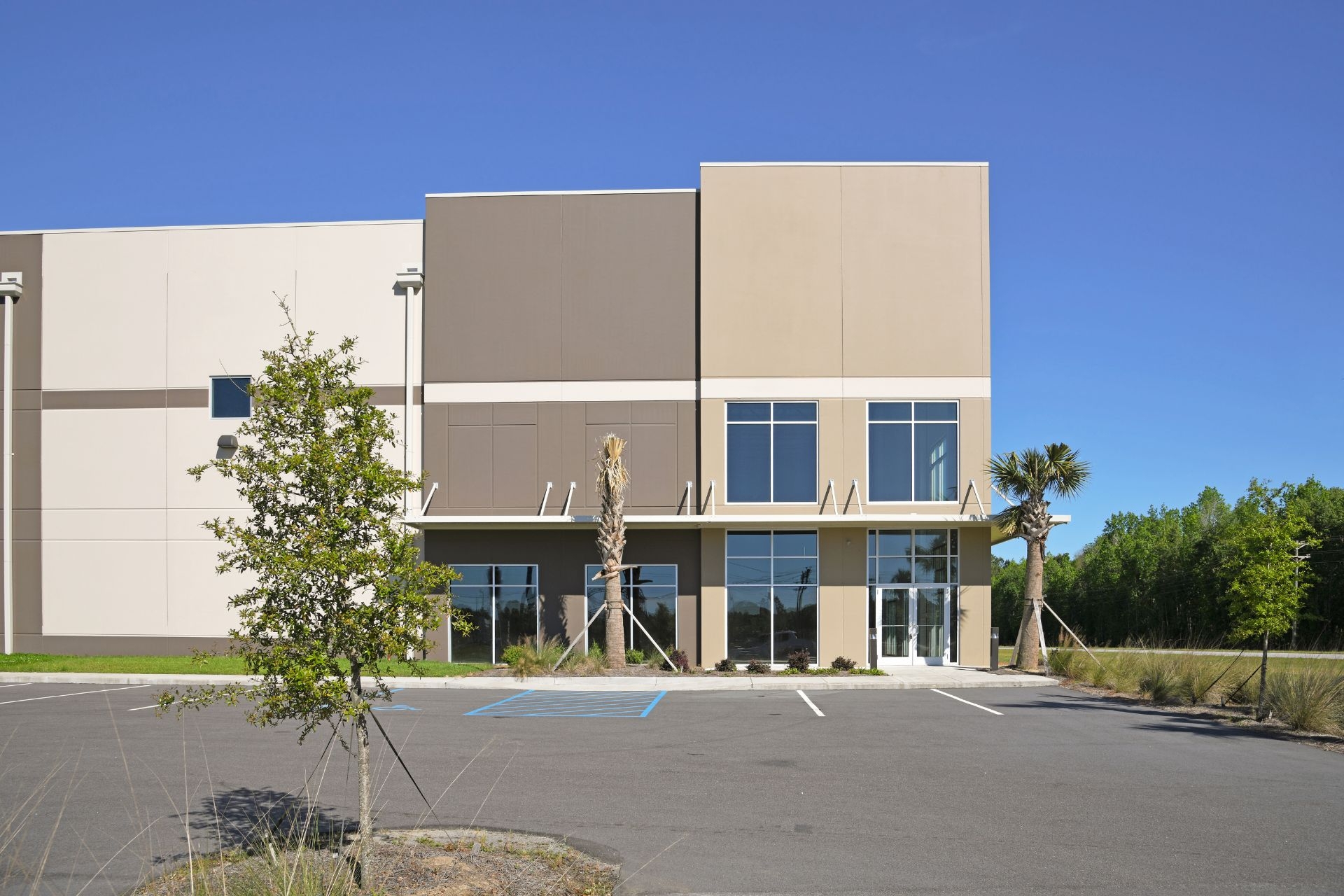
The typical duration and format of virtual mixology courses can vary depending on the course provider and the level of depth covered. Some courses may be as short as a few hours, while others may span several weeks or even months. The format of virtual mixology courses often includes a combination of pre-recorded video lessons, live demonstrations, interactive Q&A sessions, and downloadable resources. Participants may have the flexibility to access the course materials at their own pace, allowing them to fit the learning into their schedule. In comparison to in-person classes, virtual mixology courses offer the convenience of learning from the comfort of one's own home and the ability to revisit the materials as needed.
Yes, there are virtual mixology courses that provide certification or accreditation upon completion. These courses often require participants to pass assessments or submit assignments to demonstrate their understanding and proficiency in mixology techniques. The certification or accreditation received can serve as a valuable credential for those looking to pursue a career in the hospitality industry or enhance their existing skills. It is important to research and choose reputable virtual mixology courses that are recognized by industry professionals and organizations. This ensures that the certification or accreditation holds value and is widely accepted within the industry.

Audio video systems can be effectively utilized to create interactive displays for showcasing restaurant menus and ingredients. By incorporating high-definition screens, speakers, and touch-sensitive interfaces, these systems can provide an immersive and engaging experience for customers. The screens can display visually appealing images and videos of the dishes, allowing customers to have a virtual preview of what they can expect. The speakers can play audio descriptions of the ingredients and cooking techniques, enhancing the sensory experience. Additionally, the touch-sensitive interfaces enable customers to interact with the display, providing them with detailed information about each dish, such as nutritional facts, allergen information, and customer reviews. This interactive approach not only enhances customer engagement but also helps in promoting transparency and trust by providing comprehensive information about the restaurant's offerings.
Audio video systems can significantly contribute to reducing service times and improving overall efficiency in various industries. For instance, in the healthcare sector, audio video systems can be used to facilitate remote consultations, enabling doctors to attend to patients without the need for physical visits. This can significantly reduce waiting times and improve the overall efficiency of the healthcare system. Similarly, in the hospitality industry, audio video systems can be used to automate various processes, such as check-ins and check-outs, reducing the time guests spend waiting in line. Additionally, audio video systems can be used to provide real-time updates and information to customers, reducing the need for manual interventions and improving the overall efficiency of the service delivery process. Overall, audio video systems can help organizations streamline their operations, reduce service times, and improve customer satisfaction, leading to increased profitability and growth.
Yes, there are audio video solutions specifically designed for interactive dining experiences. These solutions often include interactive tabletop displays, immersive sound systems, and synchronized lighting effects to create a fully immersive dining experience. Some companies also offer custom content creation services to tailor the audio and video elements to the specific theme or concept of the restaurant. Additionally, these solutions may incorporate interactive games, virtual reality experiences, and live entertainment to further engage diners and enhance their overall dining experience. Overall, these tailored audio video solutions are designed to create a unique and memorable dining experience for patrons.
Audio video systems can be effectively utilized for hosting virtual wine tastings and pairing events by providing an immersive and interactive experience for participants. These systems can incorporate high-quality audio and video components to ensure clear communication and visual representation of the wine tasting process. Through the use of webcams, participants can showcase their wine selections and engage in real-time discussions with experts or other attendees. Additionally, the audio video systems can enable screen sharing capabilities, allowing presenters to display informative slides or videos about the wines being tasted. This technology also facilitates the opportunity for virtual wine pairing events, where participants can explore the art of combining different wines with complementary foods. By leveraging audio video systems, virtual wine tastings and pairing events can offer a dynamic and engaging experience that closely replicates the atmosphere of an in-person gathering.